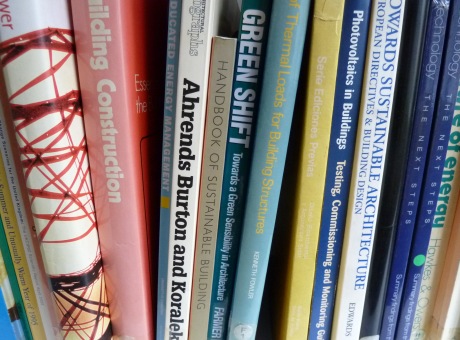The value of social networks in the diffusion of energy efficiency innovations in UK households

1 January 2013
The UK Government has policy goals for increasing energy efficiency in existing homes. However, there are doubts that standard technology and behavioural innovations will be adopted widely enough in time to achieve the targets. Diffusion of innovation theory states that the communication of information on innovations through a social system encourages adoption. Social capital theory states that interpersonal communication is a key means of gaining resources, such information on energy efficiency innovations, for attaining certain goals. Case study research of three British communities was conducted in 2009 in order to understand the influence of social capital on information diffusion regarding the adoption of household energy efficiency measures. The findings show that while standard campaigns may account for two-thirds of information-seeking behaviour, they may not be addressing up to one-third of information-seekers who would prefer to speak to people they know. Findings also indicate that seeking information amongst personal contacts is often associated with adoption of energy efficiency innovations, increasing the likelihood of adoption by up to four times, but that there are important differences between types of innovations and communities. Tailoring campaigns to communities’ communication channels is therefore imperative. These findings have important implications for informing community-based energy efficiency programmes.
The value of social networks in the diffusion of energy efficiency innovations in UK households. Energy Policy, 53 159 - 168.
McMichael, M; Shipworth, D; (2013)
The full text of this article is not available through UCL Discovery.
 Close
Close

